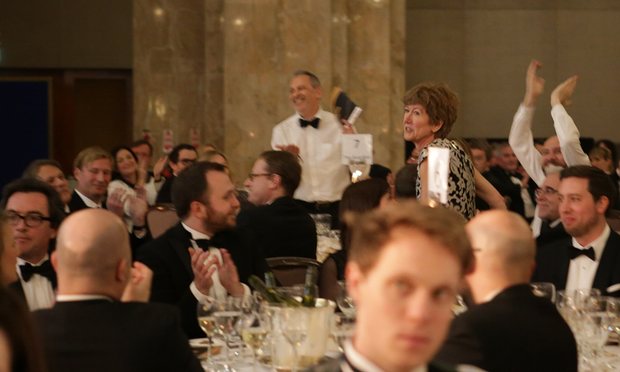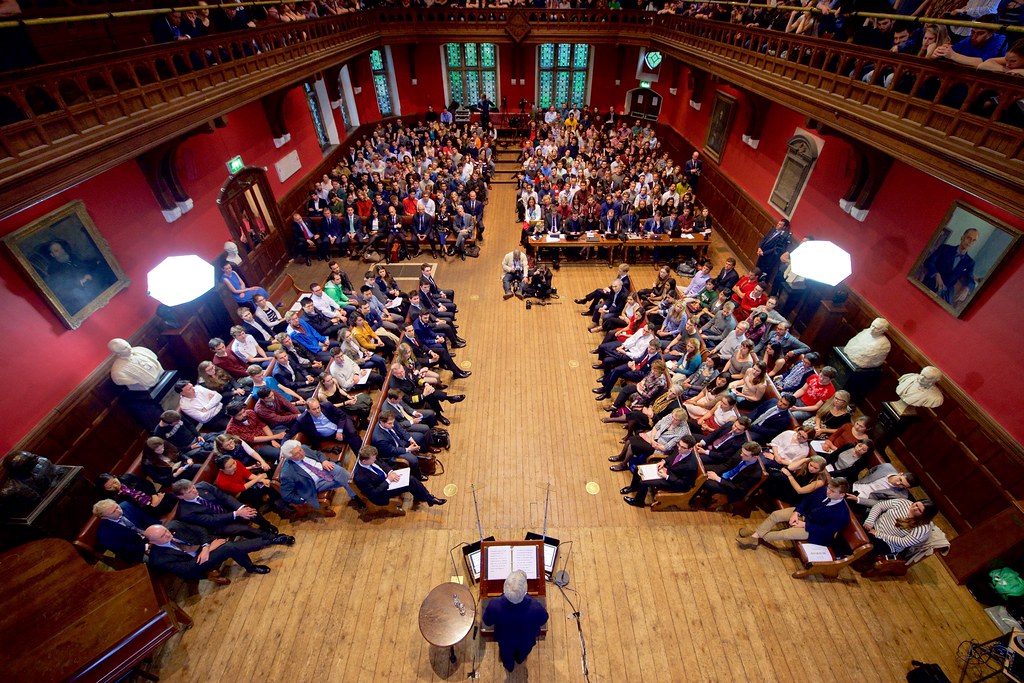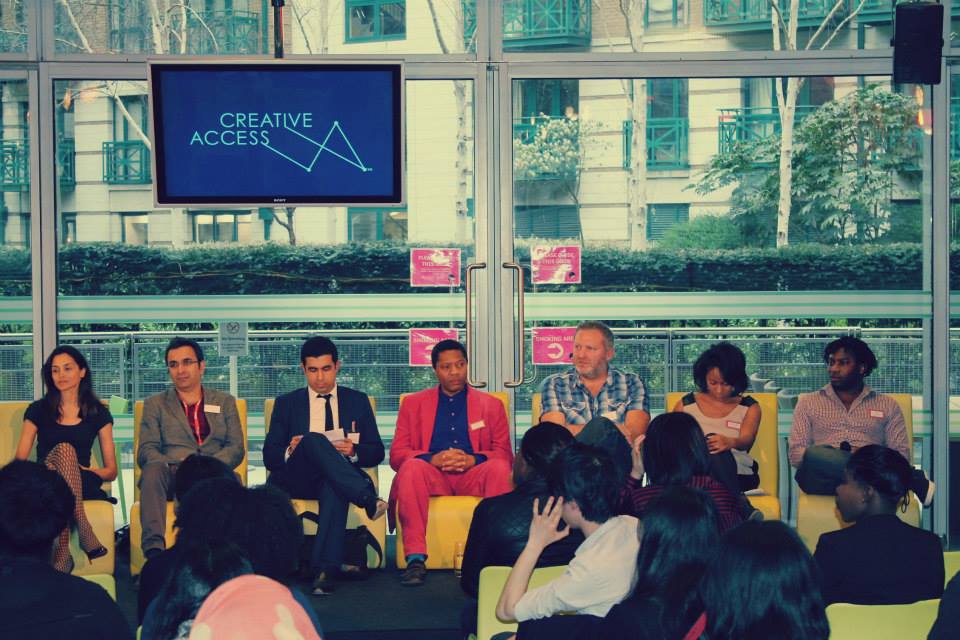
I usually believe that Katie Hopkins doesn’t deserve our airtime, but a recent article she wrote, where she blasted positive action schemes for ethnic minorities, irked me to the point of expression. Having been the beneficiary of the Guardian’s positive action scheme, and the Journalism Diversity Fund, my understanding of positive action schemes is arguably more nuanced than most, and I am so fed up with having to defend them to people too ignorant to do their research.
To start with, under the Equality Act 2010, employers are allowed to “take action that may involve treating one group more favourably where this is a proportionate way to help members of that group overcome a disadvantage or participate more fully, or in order to meet needs they have that are different from the population as a whole”. This means positive action schemes, despite the protestations of people like Hopkins, are fully legal and supported by the government.
Hopkins article was written for the Daily Mail under the headline: “The jobs that come in any colour you want, so long as it’s not white”, and while it focused on the idea of positive action schemes as a whole, the article really went in on Creative Access – a charity that places UK-based ethnic minorities looking to enter the creative industries into relevant six month+ internships. Ironically, the Daily Mail, who is directly affiliated with the Journalism Diversity Fund, has also used Creative Access to find interns. Jaber Mohammed, currently a Mail on Sunday reporter, began his career as a Creative Access intern, and was recently nominated for the Young Journalist of the Year Award at the Press Awards.
The most jarring part of Hopkins article was the part where she started recounting the “stories” she had flooding into her inbox about weeping, “pale-faced” children struggling to enter into the profession of their choice: “Parents have been so disheartened seeing their pale-faced kids rejected on the grounds of lack of colour they have tried to have their story heard. But no one is interested because it’s not very BBC to talk about it.
“One girl wrote to me about her experiences trying to get a job in the media industry. Every time she reached interview, she realised she was the lone pale face and knew she might as well turn around and walk out the door.”
I’m calling bullshit.
When you are yet another white face in a sea of white faces (aka the Daily Mail office), it might be hard to recognise the lack of diversity found in the media industry, but the facts are clear. For journalism – the creative industry I know the most about – the amount of ethnic minorities who are entering the profession has been stagnating for years, and although institutions like the BBC are making concerted efforts to reach out to candidates from ethnic minority backgrounds, they are long overdue.
As Hopkins points out in her article, in London 42 per cent of graduates are non-white, but minority representation in the creative industries is just 5.4 per cent. This is a figure that shouldn’t be dismissed, as Hopkins goes on to do – and has been caused by systemic racism which locks people of colour (and to a similar extent the working class) out of the hugely nepotistic creative world.
Let’s be clear – positive action schemes are not the only solution to this problem, nor should they be. But their aim is to help to rectify an industry in which ethnic minorities continue to be drastically underrepresented, and – at least in my case – they have helped insurmountably, and put me on slightly more of a level footing in an industry where a huge amount of people have had the privilege of wealth, private schooling and favouritism.
That’s not to say it’s all fun and games. A fellow gal-dem had a less than positive experience as part of Creative Access, explaining that her “experience went wrong” because she was in a situation with middle class white people, like Hopkins, who had an “immediate dislike for positive action schemes”.
As this story proves, even within positive action schemes racism can abound. But positive action schemes themselves are not racist – they are just addressing an issue in a simplistic way. Hopefully, in a few years, they will have served their catalytic purpose and we will have seen the back of them. No-one wants them to exist.
Here’s a list of some of the positive action schemes and bursaries for ethnic minorities (or which encourage BAME people to apply) that we’re aware of. Let us know about more we need to add to our list by commenting or tweeting us @galdemzine.









